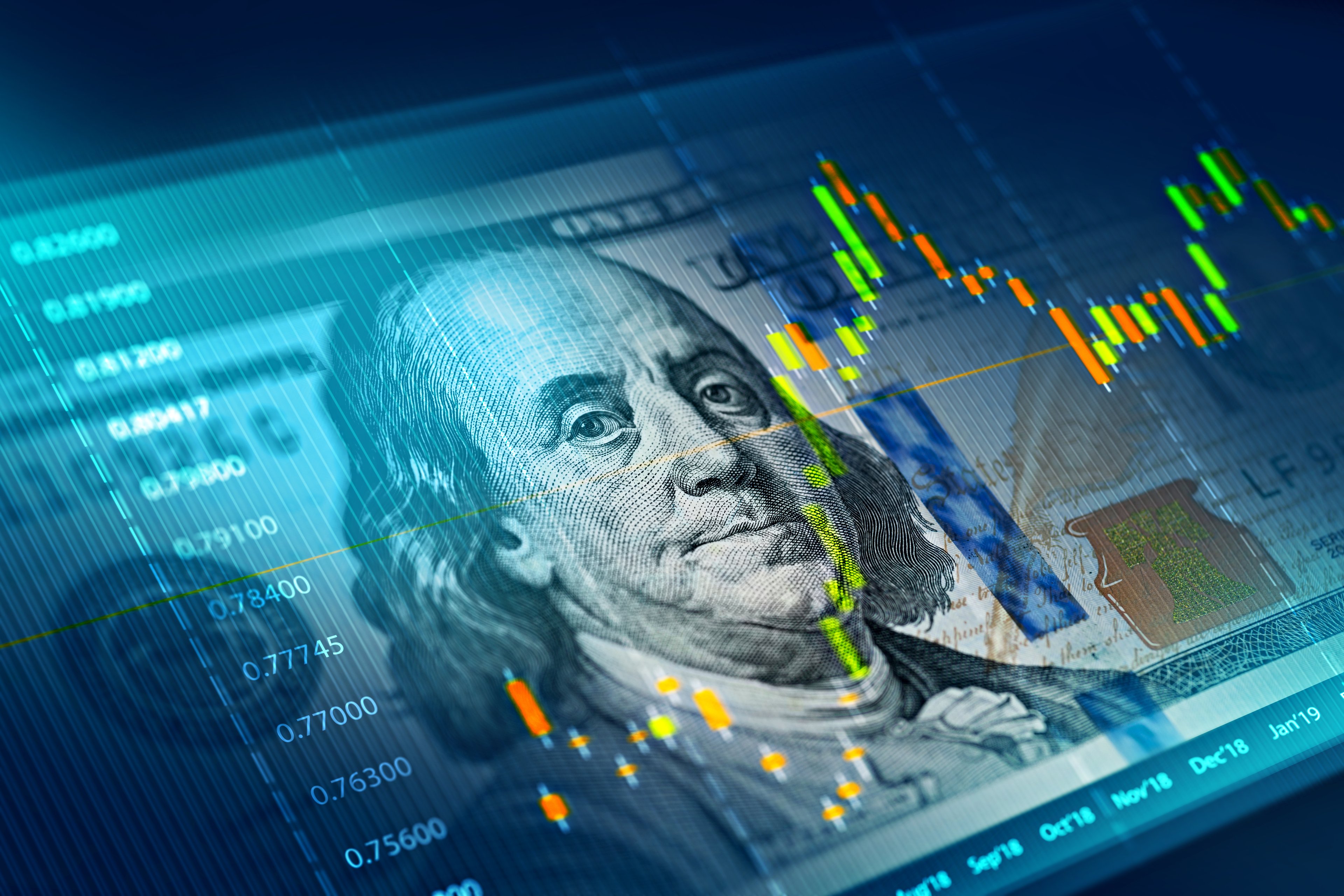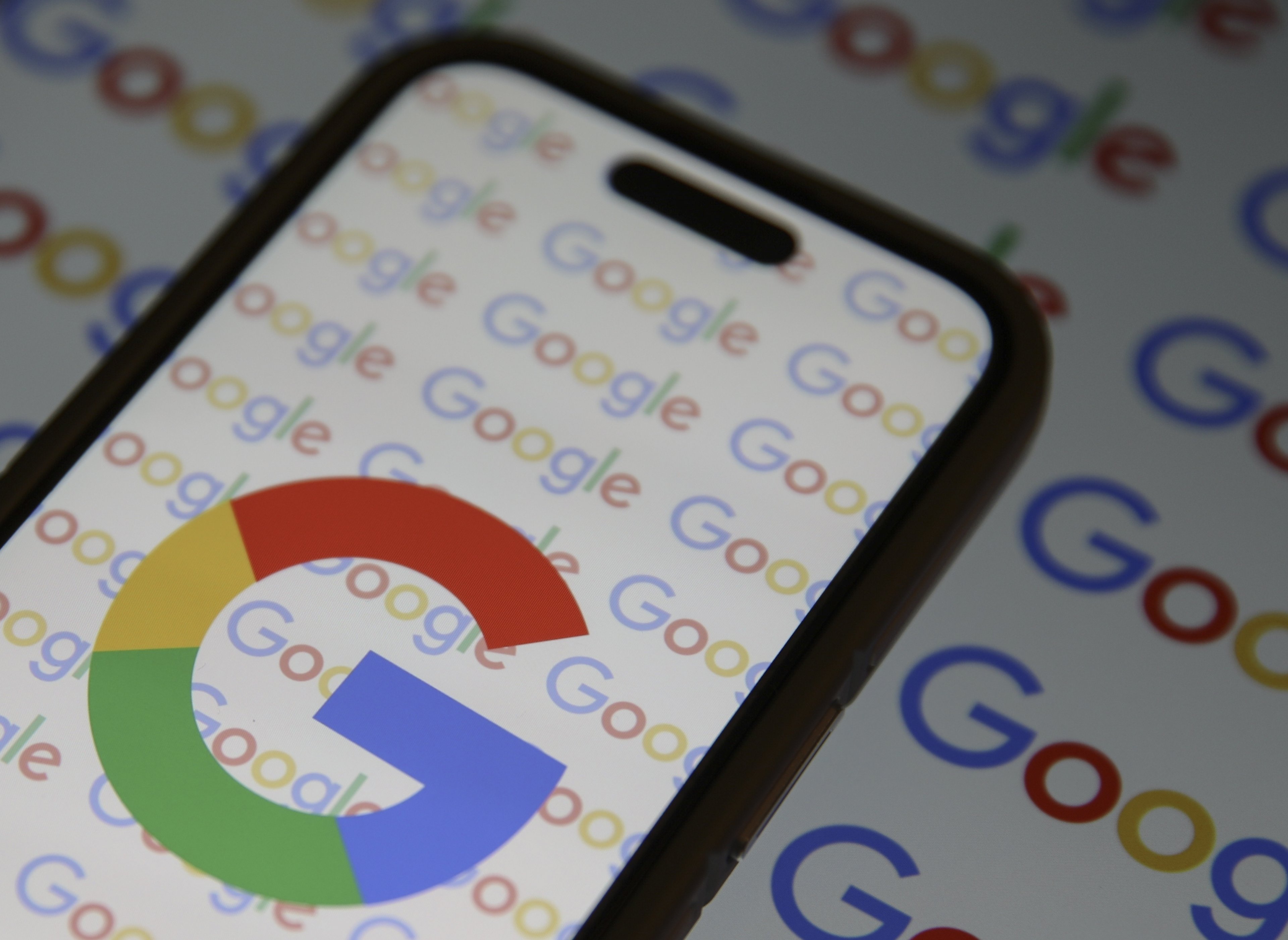The newest debutante of the social media ball may also be the most difficult to understand. Twitter (TWTR +0.00%) isn't easy to describe, nor is it simple to explain how to use it. The site defines itself as a "global platform for self-expression and conversation in real time," but that is more of the big-picture behind it. Unlike Facebook (FB 1.70%), which simply connects friends and acquaintances through photos and status updates, or Linkedin, which serves as online network for job seekers, Twitter's purpose isn't inherently obvious.
But Twitter is unique among social media stocks in that it poses a serious threat to both and Facebook and Google (GOOG +1.15%) as it arms users with search and communication capabilities. Google dominates search with a 67% share of the domestic market and similar numbers in Europe, but Twitter's up-to-date news feed and ability to draw information from individual posters presents an alternative search method that could challenge Google.
To test this theory of Twitter vs. Google, I chose a few recent search terms I'd used for a comparison.
1. $NFLX
Winner: Google. While Twitter offers up-to-the-minute commentary on the financial news of the day -- Netflix's purchase of faster web access from Comcast -- it's riddled with near-meaningless posts that are often difficult to read due to Twitter's format and reliance on brevity, bit.ly links, and hashtags. Google, meanwhile, provides greater and cleaner access to articles that give readers the information they need to know on the story.
Conclusion: Twitter is noisy, and often hard on the eyes.
2. Federal Reserve Taper
Winner: Twitter. The top story on Twitter's feed, posted 17 minutes ago, is just an hour old, and reports on Dallas Fed President Richard Fisher saying he supports a $10 billion taper of the Fed's bond-buying program at each further meeting. Google's top story, meanwhile, is 11 hours old, though further digging reveals a story similar to the top Twitter story from just two hours ago.
Conclusion: Twitter is better for the most up-to-date news. It's chronological order of posts beats Google's algorithm for currency.
It's clear that Twitter has value for news searches, but I wanted to expand the range of the search to non-news items to see if Twitter was still helpful.
3. "How to adjust bike brakes"
Winner: Google by a nose. Here, Twitter is surprisingly useful despite the search not being a current topic. The second post links to a YouTube video while the third links to a useful webpage. Still, the Google page is easier to use an contains several readily accessible videos and articles.
Conclusion: Google is more user-friendly, and easier to navigate.
Overall, Google is still better for search, but Twitter has advantages, here: foremost its currency and its breadth of posters. Also, because Twitter searches are based on chronology and not an algorithm, Twitter allow users to access potentially lesser-known information, which can be key in investing and other fields. Google's monetization of search also offers some lessons for Twitter. AdWords, the ads that show up on the side of Google searches, are the company's most profitable segment, and advertising makes up about 97% of the company's revenue. Twitter has nothing similar to Adwords and has barely ventured into advertising, just recently adding promoted tweets. If Google's success in this arena is any sign, there could be a bounty awaiting Twitter in paid search.
Twitter vs. Facebook
It's simple enough to draw a comparison between Twitter and Google's searchability, but there is no clear-cut way to score Twitter against Facebook. Against the social-networking leader, Twitter's service is more complementary rather than competitive. In Twitter, user relationships are asymmetrical, allowing users to follow everyone from their best friend to their favorite celebrity to an interesting author or brand. If you want to see the news of the day, catch the daily gossip, or look for links to interesting stories, Twitter's the way to go. If you want to keep in touch with your friends, post and share photos, you're better off with Facebook.
Still, there are a few ideas Twitter could borrow from the market leader. Facebook chat, for example, is a relatively new addition for the company, and it serves not only to keep Facebook users better connected, but also to keep them in its portal, integrated in its ecosystem, for longer periods of time. The longer Facebook users stay on the site, the more news-feed views it gets, which leads to more advertising dollars. Timeline views on Twitter bring users to the site, but once they arrive, there is nothing else keeping them there. In fact, those tweets generally direct users to other websites. Allowing users to send invites and post events is another Facebook mainstay that Twitter could co-opt.
Twitter isn't trying to be Facebook, and there is plenty of overlap between the two user bases, but ironically, Facebook seems to be the one borrowing from Twitter, having co-opted the "following" and "trending" concepts. At a time when user growth is slowing for Twitter, it may be wise for the site to borrow some ideas from Facebook, however. With its asymmetrical structure, Twitter is an advantageous position here. Twitter can more easily resemble Facebook then Facebook can Twitter.
Foolish bottom line
Twitter is still a raw product. Compared to Facebook and Google, it is much less user-friendly, and its jargon like retweeting and hashtags is confusing and easily mocked. The product and the way it's being used are still maturing. Some critics have even dismissed hashtags as "so 2012."
But every one of Twitter's weaknesses is an opportunity. It could make plenty of potential improvements, like location-based advertising, using an Adwords-style model for search, or replacing the awkward bit.ly links with hyperlinks to make the site more readable. No one knows where Twitter is headed. This is a company that's not even eight years old and was much slower to grow at the start than Facebook. But what makes it such a potential juggernaut is that the site combines a usefulness that Facebook lacks with a currency that Google's missing, and those two companies have a combined market cap near $600 billion.
Don't be surprised to see Twitter put more pressure on these heavyweights in the years to come.









